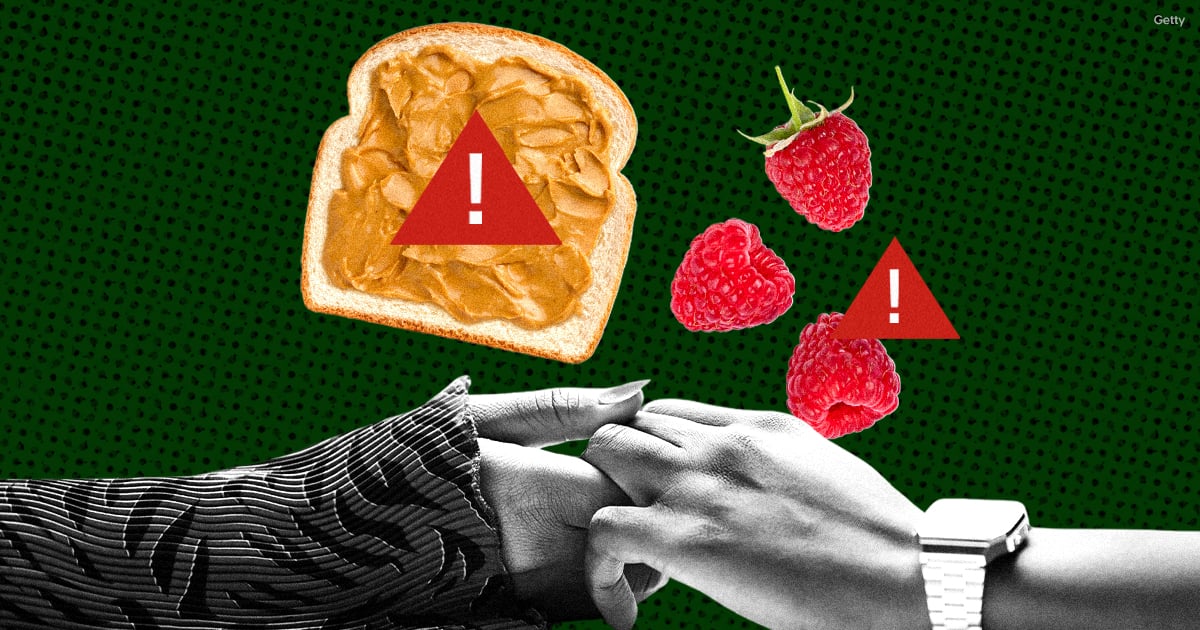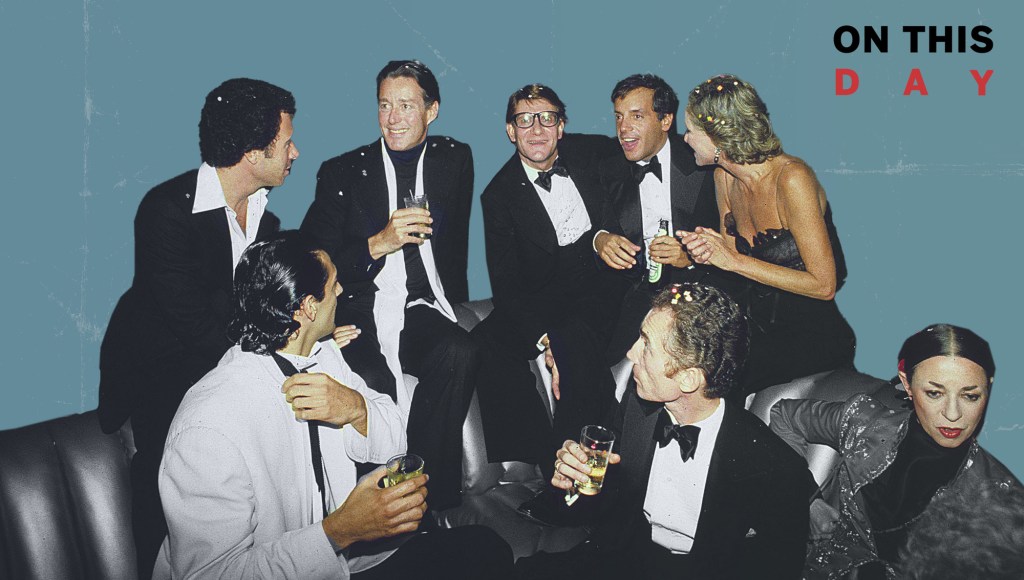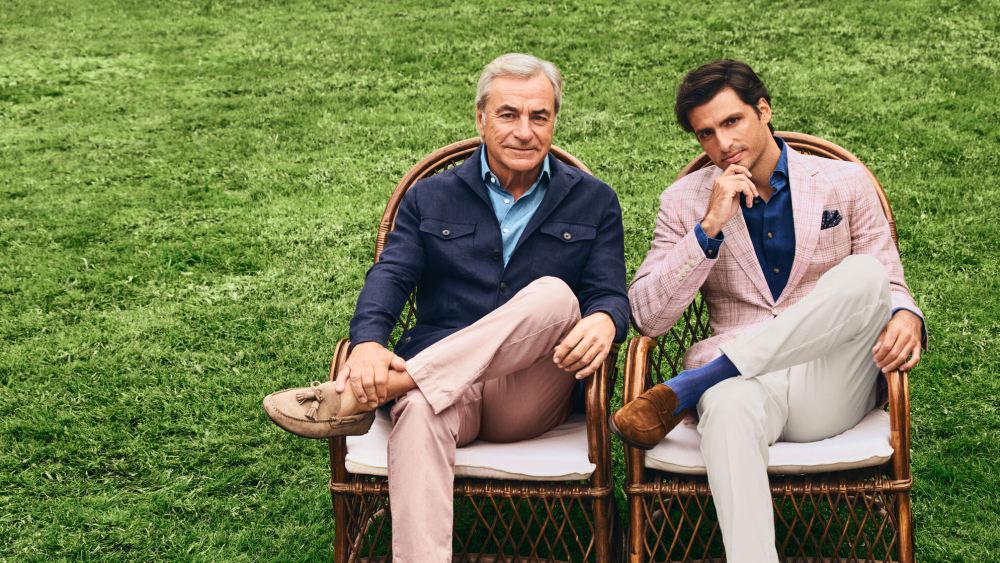Jen Ziel was a lifelong vegetarian before she started dating a meat-eater. Her boyfriend at the time never expressed an issue with her diet, and never asked her to change, but she felt almost inexplicably compelled to make the transition. “It was this thinking, like, I’m really into you and I wanna eat like you,” the 27-year-old recalls now. There was a part of her that felt the dietary differences, and all the separate meals and sacrifices entailed, were a wall between them – distance she didn’t want to maintain as she was falling in love. The two aren’t together anymore, but she’s been an omnivore ever since.
In the swell of a budding romance, eating and sharing food is a chronically overlooked building block of intimacy. Culturally we tend to fixate on big romantic gestures or sexual chemistry, but the most mundane act of all – sharing a meal together – does more to bond us than we may realize.
“The first sharing of any [romantic] relationship is usually some sort of meal or food,” registered dietitian Marjorie Nolan Cohn tells PS. Going out to dinner was the most popular first date activity among consumers polled in 2022. “Food is inherently emotional, it’s how we bond, it’s how we connect.”
While Ziel’s ex partner didn’t pressure her to drop vegetarianism, some omnivores do have a hard time dating vegetarians or vegans, and vice versa. The same could be said for a lover of peanut butter dating someone with a nut allergy, or someone who keeps Kosher getting involved with a secular person. Nolan Cohn says that while it might get brushed off as plain stubbornness, it’s not uncommon for people to genuinely struggle with the idea of a mismatch in their culinary preferences with partners.
Experts Featured in This Article
Marjorie Nolan Cohn, MS, RD, LDN, CEDRD-S, is the clinical director at Berry Street, a network of independent dietitians.
Vegan and vegetarian dating app Veggly surveyed its users last year and found less than half would date a committed meat-eater, while 85 percent would date an omnivore who’s “willing to transition to a plant-based diet but may need some help at the start.” The very fact that there are vegan and vegetarian dating apps says a lot about the role of food preference in romantic relationships.
It can be dysregulating if your partner doesn’t like or can’t eat the same things you do, especially if you grew up in a culture or home environment where food was the gateway to connection. Nolan Cohn has had to navigate this discrepancy in her own life, because of her husband’s severe IBS and dietary restrictions. She’s learned to restructure that part of her day so that she can keep her husband healthy and safe but also feel like she’s getting what she needs, not just nutritionally but emotionally.
When they eat together at home, Nolan Cohn and her husband will often cook a mild base meal that they can share and then prepare separate toppings for it, because he can’t tolerate the seasonings she likes. For a lot of people, the emotion isn’t always tied to specific foods, but to the experience surrounding them. “It’s about spending time together” more than eating the exact same thing, Nolan Cohn explains.
“We think, ‘Oh it’s dinner time we need to eat the same meal,’ because that’s the traditional operating system we’re on. But it is so normal for [my husband and me] to be eating different things now because it’s more about being together,” Nolan Cohn adds.
In her work as a dietitian, Nolan Cohn sees “a lot” of couples who come for therapy. “Understanding the other person’s dietary needs in a more deep way, like how can we prepare a meal together that meets both of our needs, all of that will have an impact on intimacy,” she says.
It might seem counterintuitive, but in her own marriage, Nolan Cohn saves her favorite foods for times she and her husband aren’t together. “I’m showing my husband love by going out with my friends and enjoying Mexican food and all these other things I can’t do with him,” she says.
For those who equate food with love and nurturing – a very natural association – it might be painful to make that compromise. “If I wasn’t a dietitian and knew how to navigate this process, it absolutely could have had a negative impact on our relationship,” she says.
Anecdotally, Nolan Cohn says more couples are seeking medical nutrition therapy than she’s ever seen – though plenty of people still aren’t aware that it’s an option for themselves as individuals, let alone their romantic partners. Most couples she sees are in the midst of a more serious medical complication, have just received a new allergy diagnosis, or are receiving treatment for eating disorders.
“Dietitians are like the new marriage therapists.”
But couples nutrition therapy could be for anyone wanting to deepen their appreciation for their loved ones’ eating habits, even if there’s nothing medically “wrong.” “We see this a lot at Berry Street, the intimacy that is built through the counseling process of learning about each other’s food preferences and needs,” she says. “More and more couples are coming in just for general wellness. Dietitians are like the new marriage therapists, there’s so much overlap.”
Couples sessions provide a space to assign the science to certain dietary preferences and needs, yes, but they are also about finding common ground, Nolan Cohn says. “You may not like tomatoes but will it bother you to even see a partner eat a tomato? You don’t have to share preferences but you have to share mutual respect.”
Ziel’s diet transformation for her then-partner is likely a more extreme approach than most are willing to take, but it captures the depth of emotion baked into meal time: I love you, so I want to eat like you. Some of the most underrated romantic gestures involve food – like trying something you previously thought you didn’t like because it’s your partner’s favorite, or remembering to pick up a couple extra treats for them at the grocery store.
It’s not always possible or practical to eat the same exact stuff as your partner, but sometimes, just taking the space to acknowledge the emotion behind certain foods goes a long way in deepening connection. “Navigating nutrition together is intimacy at its core,” Nolan Cohn says. “Sharing food is a sixth love language if you think about it.”
Emma Glassman-Hughes is the associate editor at PS Balance. Before joining PS, her freelance and staff reporting roles spanned the lifestyle spectrum; she covered arts and culture for The Boston Globe, sex and relationships for Cosmopolitan, travel for Here Magazine, and food, climate, and agriculture for Ambrook Research.



